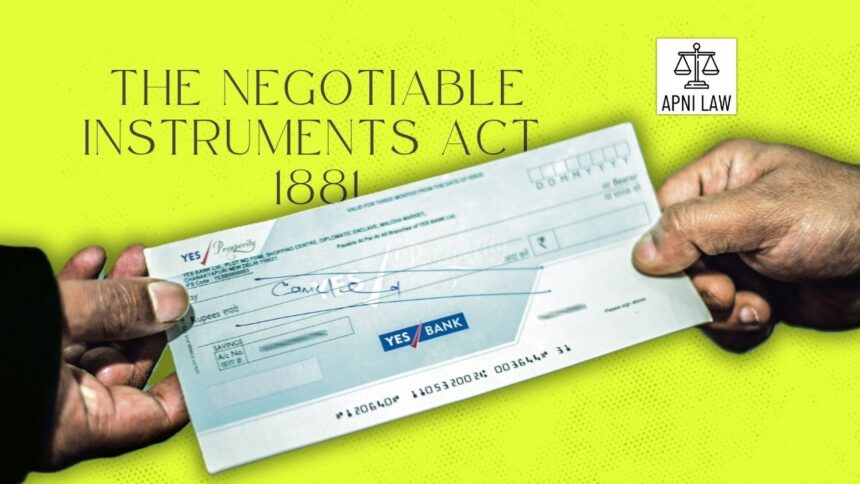Introduction
The most recent amendments to the Negotiable Instruments Act, 1881, came through the Negotiable Instruments (Amendment) Act, 2018. This amendment came into effect on August 2, 2018, and was introduced to address the rising number of cheque dishonour cases. It aimed to strengthen the rights of payees and ensure quicker resolution of disputes.
Changes in Section 143A: Interim Compensation
Section 143A of the Act empowers trial courts to grant interim compensation to the complainant during a cheque bounce trial. The court can order the drawer of the dishonoured cheque to pay up to 20% of the cheque amount. This order can be passed when the drawer pleads not guilty in a summary trial or at the time charges are framed in other cases. If the accused is later acquitted, the complainant must return the compensation along with interest at the Reserve Bank of India’s prescribed rate.
Changes in Section 148: Mandatory Deposit During Appeals
The 2018 amendment also introduced Section 148, which deals with appeals against convictions under Section 138 of the Act. This provision allows the appellate court to direct the drawer to deposit a minimum of 20% of the fine or compensation awarded by the trial court. This amount can be released to the complainant even while the appeal is pending. If the drawer is later acquitted, the amount must be refunded with interest.
Interpretation by Indian Courts
Indian courts have played a crucial role in interpreting the 2018 amendments. The Supreme Court and several High Courts have held that Section 143A is prospective in nature. This means it applies only to offences committed after August 2, 2018. On the other hand, Section 148 has been interpreted as retrospective. It can apply to appeals filed after the amendment, even if the trial took place earlier.
Clarifications on Other Related Provisions
Earlier amendments had already extended the punishment under Section 138 to a maximum of two years and increased the notice period from 15 to 30 days. The Act also includes provisions for electronic cheques and truncated cheque systems, aligning it with modern banking technology. These technological changes were introduced prior to 2018 and continue to remain in force.
Conclusion
The 2018 amendment remains the most recent and significant change to the Negotiable Instruments Act, 1881. It introduced interim compensation and appellate deposits to ensure timely relief for complainants. No official amendments have been made after that date. For the most accurate legal updates, stakeholders should refer to official government sources like India Code or the Gazette of India.








